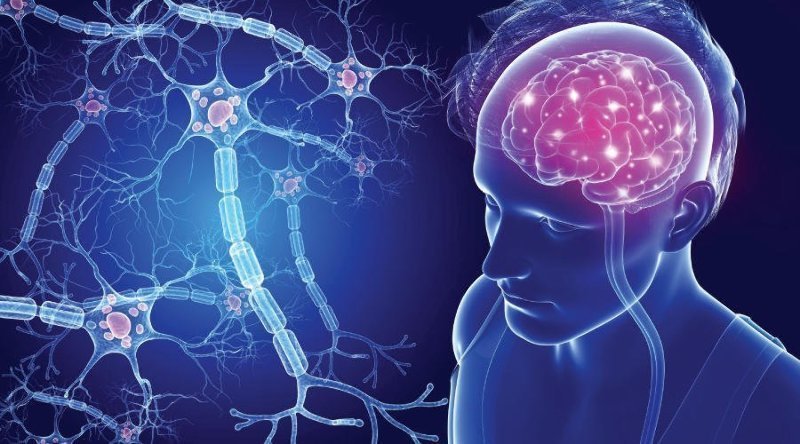When you’re managing the symptoms of multiple sclerosis (MS), it’s natural that you might find there are times you feel down. If you notice you’re getting depressed, let your doctor know. He’ll help you get the support and treatment you need to get back on track.
The Link Between MS and Depression
Anyone dealing with too much stress or a tough situation might have depression. So it’s easy to understand how the long-term physical symptoms of multiple sclerosis can bring on changes in your mood.
But MS itself might also cause depression. The disease may destroy the protective coating around nerves that helps the brain send signals that affect mood.
What Are the Symptoms of Depression?
When you have depression, you may get sad or irritable, lose energy, and stop enjoying things that you used to love. You might also feel hopeless or worthless.
Some other symptoms you may have are:
- Trouble concentrating
- Uncontrollable crying
- Hard time making decisions
- Urge to sleep a lot
- Trouble falling or staying asleep at night
- Aches and pains you can’t explain
- Upset stomach and digestive problems
- Low sex drive or other sexual problems
- Headache
- Change in appetite that causes weight loss or gain
Some people who are depressed may have thoughts of death or suicide, or even attempt suicide.
When to Get Help
Ask your doctor for help if your sadness is making your life worse, like causing trouble with relationships, work issues, or family disputes — and there isn’t a clear solution to these problems.
If you have thoughts about suicide, get medical help right away.
Where Can I Get Help for Depression?
Once you decide it’s time to get treatment, start with your primary care doctor. He can talk with you about how you feel and make sure that medicines you take or another health problem aren’t causing your symptoms.
Your doctor may prescribe treatment or refer you to a mental health care professional, who can look at your symptoms and recommend ways to treat them.
Treatment
The first step in getting the right treatment is to recognize that you’re depressed. The next is to seek help. These things may be the hardest part of the entire process. But once you connect with a doctor, there are many ways to help you get better.
Antidepressant drugs may be an option, but you’ll need to use them only as your doctor prescribes. They usually work best when you take them along with psychotherapy, or talk therapy. In this kind of treatment, you talk to a mental health care professional, who can help you work through the things that may trigger your depression.
Warning Signs of Suicide
If you or someone you know has any of these signs, contact a mental health professional or go to the emergency room right away:
- Talk about killing yourself
- Always talk or think about death
- Make comments about being hopeless, helpless, or worthless
- Say things like, “It would be better if I weren’t here” or “I want out”
- Depression (deep sadness, loss of interest, trouble sleeping and eating) that gets worse
- Sudden switch from being very sad to being very calm or acting happy
- Take risks that could be deadly, like driving through red lights
- Lose interest in things you used to care about
- Put affairs in order or change a will


